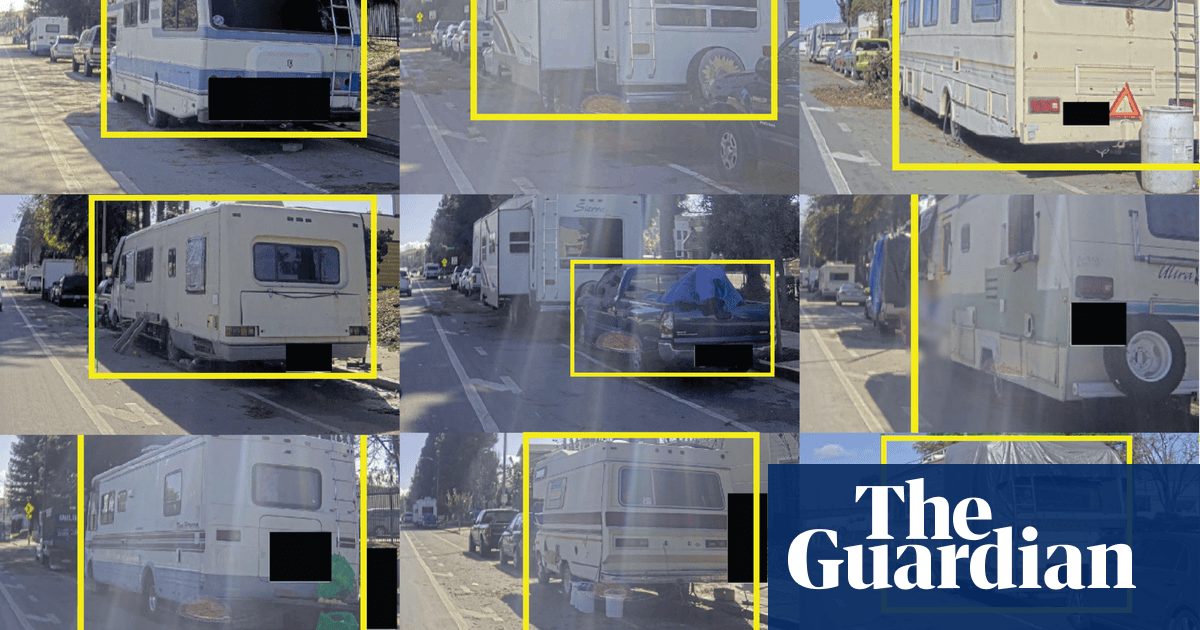- cross-posted to:
- usa@lemmy.ml
- news@lemmy.world
- cross-posted to:
- usa@lemmy.ml
- news@lemmy.world
Last July, San Jose issued an open invitation to technology companies to mount cameras on a municipal vehicle that began periodically driving through the city’s district 10 in December, collecting footage of the streets and public spaces. The images are fed into computer vision software and used to train the companies’ algorithms to detect the unwanted objects, according to interviews and documents the Guardian obtained through public records requests.



When housing becomes a for profit business, this is the result. It’s happening in my city in Canada as well.
I have a homeless community sprouting up behind our cul de sac and it gets bigger each spring. It likely disappears in the winter, I’ve no desire to walk through the uncleared snow to find out. And a few blocks away people are camping out on sidewalks everywhere, it’s becoming an epidemic, in a city that was once very affordable.
Tulsa Oklahoma is full of homeless encampments and this is supposed to be one of the cheaper states to live in. Yet landlords want to price their places like the bigger cities. It is scary to see what cost to rent in this town compared to the pay being offer for jobs. Its wonder there isn’t more homeless.
Being homeless is like the software piracy equivalent of housing. You’re not paying but rich people are “losing money” since homeless people aren’t paying them $4000+/month therefore it’s a crime.
Do you really think the concerns about encampments are all from rent seeking landlords?
Here in Minneapolis it’s the number of murders, gang violence (territory), rape, and human trafficking.
Second tier issues are overdoses, fires, sanitation (which doesn’t sound like much until you see the people with fingers and toes rotting off), and crime rates increasing as they try to make enough money to feed their drug habits.
It’s a very complex issue. Much more complex than “the landlords are upset people aren’t paying rent”.